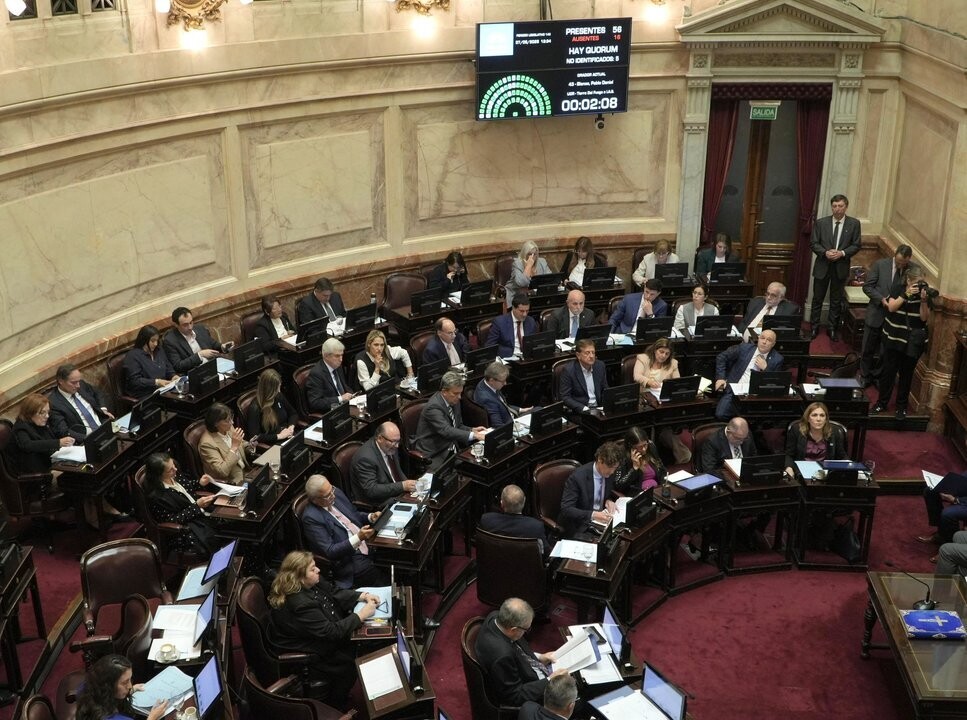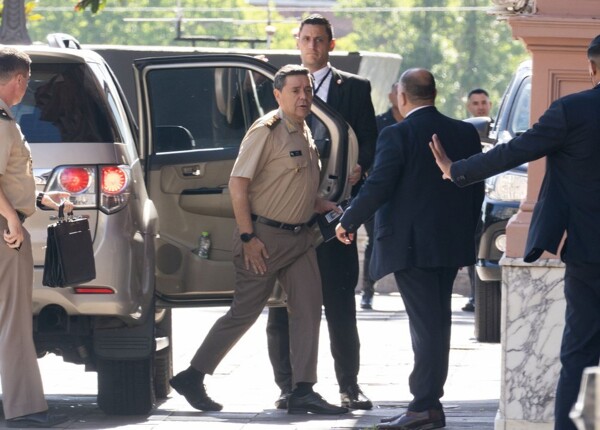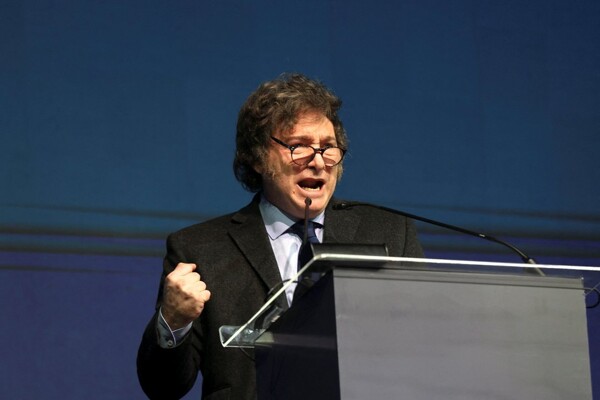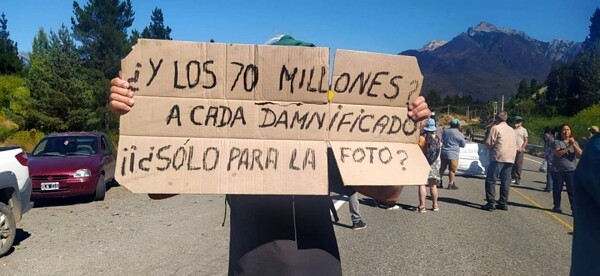
The bill known as "Clean Record", which sought to disqualify candidates for national elective positions who had been convicted in a second instance, was rejected in the Senate with 36 affirmative votes against 35 negative ones. At least 37 votes were required for its approval. The initiative, promoted by Silvia Lospennato, had been the center of public debate due to its potential impact on the eligibility of leaders such as former president Cristina Kirchner.
The debate in the Senate took place amid tensions over the future of Criptogate in the House of Deputies and the dismissal of the nominations of Manuel García-Mansilla and Ariel Lijo as candidates for the Supreme Court. During the voting, the Kirchnerist bloc tried to introduce a request for interrogation of Karina Milei regarding Criptogate, in response to the opposition to the electoral reform project.
The rejection of Clean Record was influenced by an agreement between Kirchnerism and the ruling party, according to Senator Alejandra Vigo. The final vote ended with 36 votes in favor and 35 against, one vote short of what was needed for approval. The ruling party failed to secure all essential support.
President Javier Milei expressed his dissatisfaction with the failure to pass the law, calling it "regrettable". The regulation aimed to prevent individuals convicted in a second instance for corruption or serious crimes from being candidates for national positions, such as in the case of Cristina Kirchner. The vote was divided after more than 10 hours of session and 36 speeches in favor and against the initiative.
The Senate saw the rejection of two senators from Misiones, Sonia Rojas Decut and Carlos Arce, from the Front of Concordia, who joined the Kirchnerist interblock. The project will remain in the history of 2025 and cannot be addressed again until 2026.














